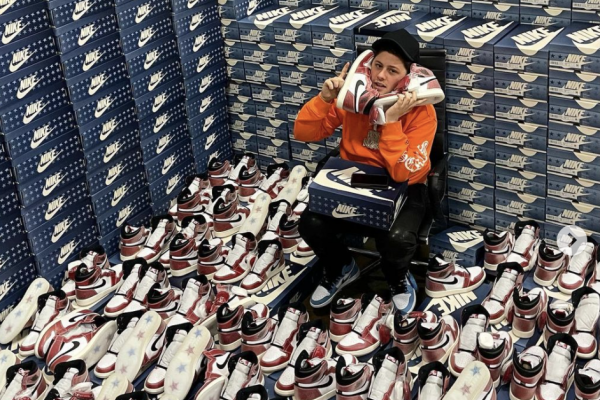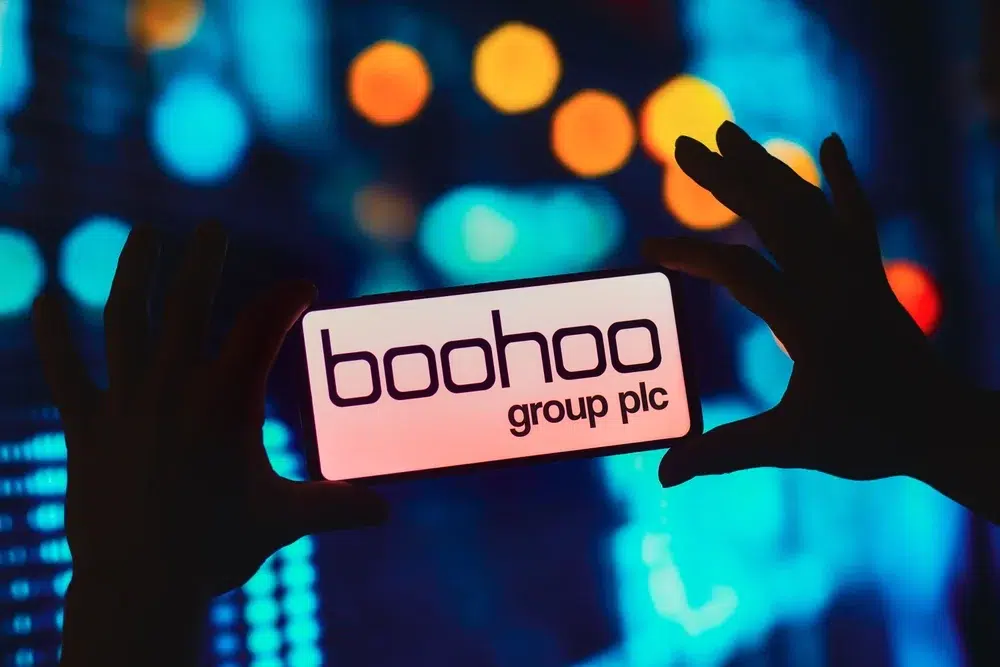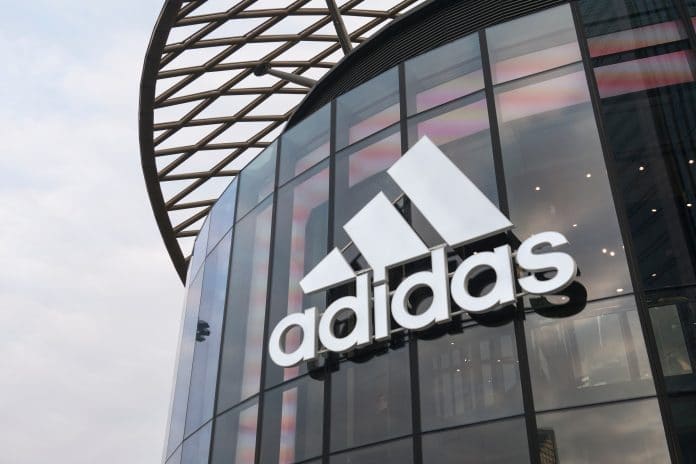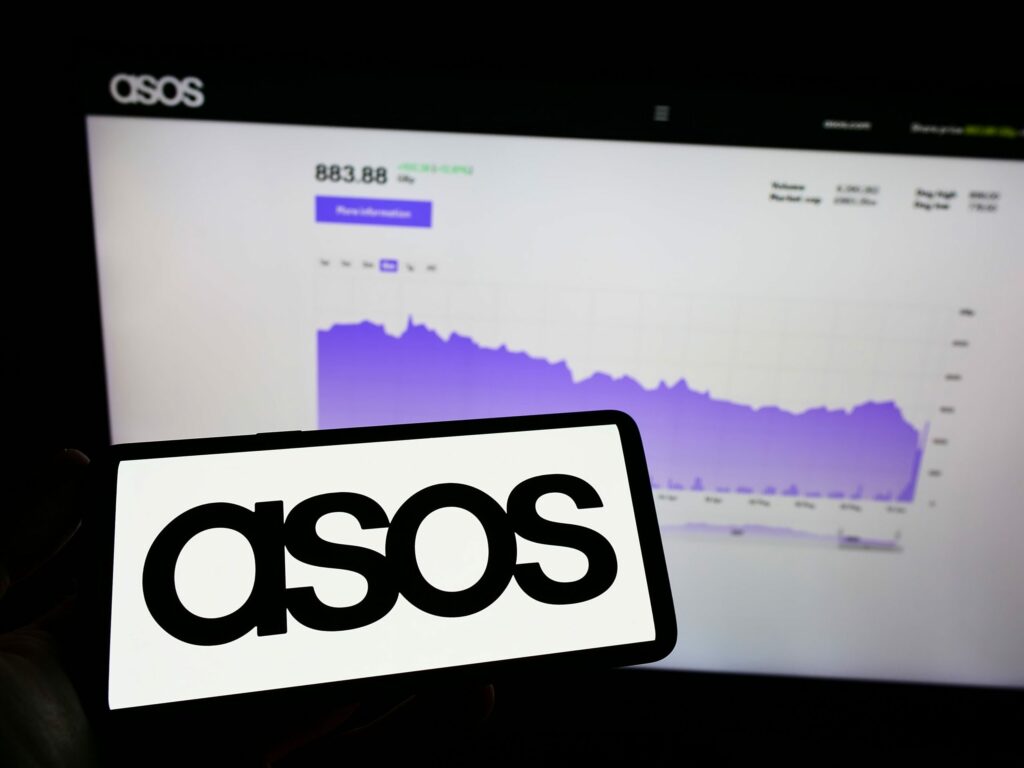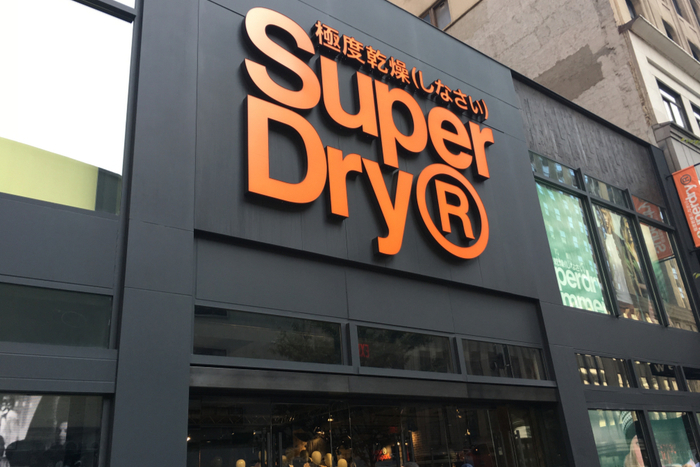In recent years, retailers specialising in trainers – such as Nike, Adidas and even Yeezy – have relied on sneakerheads to drive demand for its new releases. Hype around limited edition releases, marked as “drops”, often transcend to viral social media trends and long queues outside stores on release days.
While sneakerhead culture is clearly important for these brands, what happens when their retail partners don’t do enough to clamp down on staff quietly offering them to resellers? It it even possible to do so, given some resellers use more sophisticated technology to ensure they win?
In March, Nike’s North America general manager Ann Herbert resigned after Bloomberg Businessweek reported that her son had used a credit card in her name to purchase shoes for his business.
The article described how 19-year-old Joe Hebert used bots to swarm ecommerce sites, overcoming systems meant to restrict purchases so he could buy up popular, limited edition sneakers that he would then resell. The report stated he had been making over $50,000 a month online reselling limited edition trainers and in one case, he bought £94,780 worth of shoes, which he then resold for a profit of $20,000.
While this amount seems large, it is completely in line with the average profit made from professional resellers. But it’s the use of bots that some resellers, like Joe Herbert, use which have raised concerns. And also the retail staff who quietly pass the products on to these resellers, ensuring fewer are available to customers in-store.
This prompted Nike to recently warn retailers that their supply of limited edition, coveted trainers could potentially be restricted if they did not stop staff quietly offering them to resellers. According to The Sunday Times, the sportswear giant had warned retail partners that it would restrict the supplies amid concerns many find their way to individual operators or online platforms such as StockX, who then “flip” or sell them on for profits.
Nike – as with many other sneaker brands – tightly controls the supply of limited edition trainers, such as the Air Jordans and Max Dunks. It does so through product campaigns known as “drops” – the main driver that attracts hype from sneakerheads, long queues outside stores, and a surge in online traffic to its ecommerce store.
Often the limited edition trainers sees demand outstrip supply, prompting the products to often sell for more than double the retail price in the resale market. However, potential profits made through reselling have encouraged resellers to “tap up” store staff for additional supply and create bots to avoid queues on Nike websites – just as Joe Herbert did.
This subsequently makes it difficult for actual Nike customers to secure the new trainers.

Thanks to the Covid-19 pandemic, the resale market has boomed. StockX, for example, enjoyed its best two months May and June 2020.
So is it realistic for Nike to clamp down on its retail partners, like JD Sports in the UK? And if so, could other retailers expect to see a decline in hype around their products if a clamp down is successful?
A store manager from a Footlocker store located in London, who chose to remain anonymous when speaking to the Retail Gazette, said: “It’s a great sentiment from Nike, one that I hope other businesses will follow but I doubt how much can be done.”
Yet the concept of hype is a form of marketing that Nike and other retailers have used for years. Equity analyst Sam Poser said big brands were “exceptionally good at keeping people hungry”.
“They understand the cool factor, and they know how to stay cool,” he added.
“And if they don’t stay cool they know this business dries up, because this is fashion.”
“Once the stock is sent out to us, it’s out of their hands.”
Tom Platt, head of ecommerce at bot management firm Netacea, said: “Limited-edition goods tap into our fear of missing out.
“It’s a powerful part of psychology, and brands are careful to use it to create the maximum amount of excitement for their new products.
“Simply increasing the supply of limited-edition goods to deal with hackers might help retailers get products to those who want to buy, but it undercuts that nagging worry that has been so carefully cultivated.
“Luxury limited-edition goods may carry a premium cost, but that doesn’t mean that consumers are happy to pay well above their original price.
“Consumers have a limited amount of discretionary spending, and those who see the value in the brand may stop if they are constantly forced to pay inflated prices.
“The fanfair report into the gig and music festival reseller market found that most consumers would attend fewer gigs, spend less on merchandise, and less on music overall because they were spending so much more on tickets through secondary resellers.
“The same is likely true of the sneaker market.”
If retailers chose to increase the stock of their limited edition products, would more consumers be able to get their hands on shoes or would resellers and automated bots take all the extra stock? After all, sneaker bots scan global websites for the exact moment an item from a hyped-up “drop” goes on sale, alerting their owners so they can beat the crowd to purchase.
Marc Power, regional director at bot management firm Auth0, said: “Some will automatically buy the product, faster than any human possibly could.
“Retailers are not helpless to stop these attacks”
“Although purchasing sneakers is their most well-known use (hence the name sneaker bots) they’re also used to nab concert and event tickets, as well as other hot-ticket items – most recently PlayStation 5 and Xbox series X consoles – which then appear for resale on eBay or other sites for hundreds of pounds over the retail price.”
Power added that bot attacks often used identity as their vector, impersonating real users and breaking in through the login box.
“There are plenty of email and password combinations circulating on the dark web, the spoils of large data breaches, which are used successfully in credential stuffing attacks, because consumers don’t routinely update their passwords,” he explained.
“Multi-factor authentication (MFA) has been around for a long time, and can stop bot activity by requesting an additional form of verification beyond a username and password combination, such as biometric verification or one time password.
“However, adoption among retailers has slowed, partly due to concern that MFA will introduce too much friction to the user experience and result in cart abandonment.”
Plat said: “If retailers want to maximise the appeal of their limited-edition goods, they need to banish bots and stop unnecessary middlemen getting in the way of their relationships with customers.”
Josh Luber, founder of resale data insight firm Campless, said that keeping sneakers limited at a strategic price point and allowing resellers to reap the benefits of aftermarket profits is a plan that makes sense for Nike.
“Nike cannot get that resell cash because: If Nike increases supply, it will lose sneakerhead sales,” he said.
“If Nike increases price, it will lose non-sneakerhead sales.”
Click here to sign up to Retail Gazette‘s free daily email newsletter

